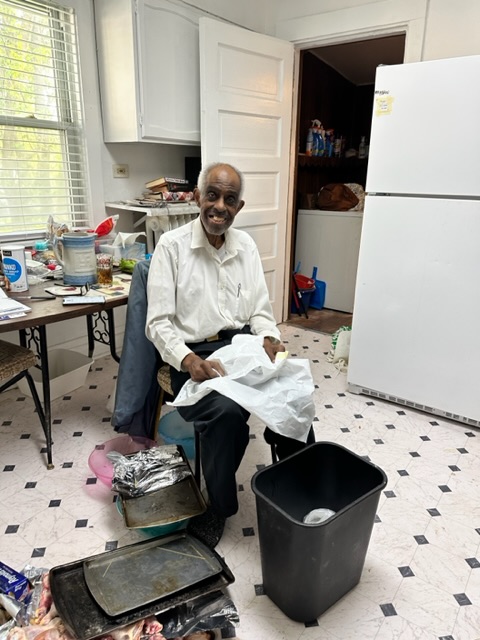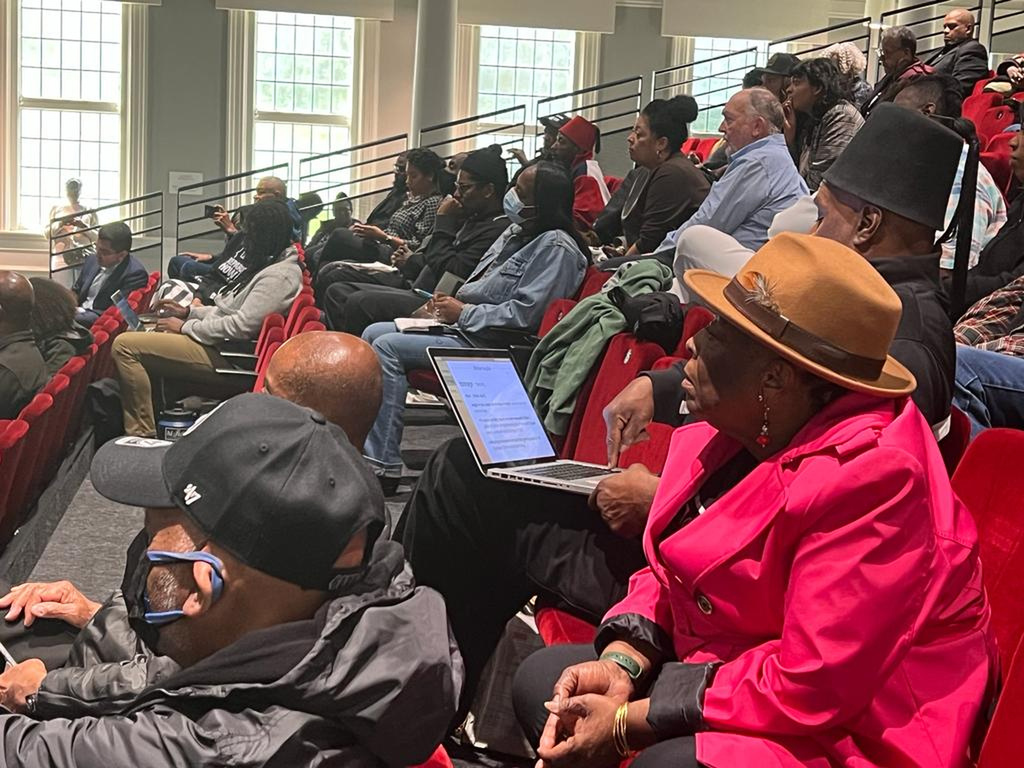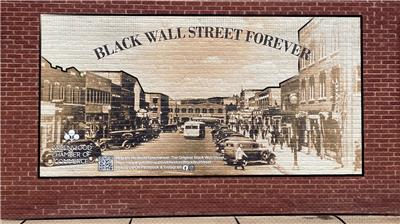Evanston, Illinois, has been referred to as the new epicenter of the civil rights movement when in 2019, it became the first city in America to guarantee funding for reparations to black residents. The program has been hailed by other cities looking to implement something similar, but it has brought unintended, unfortunate consequences. In part four of this series, Reparations Nation, the Washington Examiner focuses on similar reparation efforts popping up all over the country.
EVANSTON, Illinois — Several cities and states across the country have been closely watching how Evanston, Illinois, navigates its first-in-the-nation reparations rollout and are looking to the city as a blueprint for their own programs.
Evanston, which has fewer than 80,000 residents, made history when it became the first city in the United States to guarantee funding for reparations to its black residents. The program focuses on housing discrimination and not slavery after residents said housing policies of the Jim Crow era and redlining overwhelmingly hurt them and created a cycle of poverty that still persists to this day.

HOUSE GOP LEADERSHIP PRAISES PASSAGE OF BIPARTISAN FISCAL RESPONSIBILITY ACT
Robin Rue Simmons, the founder of the nonprofit organization FirstRepair and a former alderman of Evanston’s 5th Ward, has been the driving force behind the push to pay black residents $25,000 for decades of discrimination. Though the program has received much fanfare, the rollout has been slow, riddled with unforced errors, and has resulted in a number of unintended consequences that at times have left elderly recipients on their own against online predators. Some were also initially kept in the dark that if they took a lump sum payout, it would be taxable and could possibly boot them from other government assistance programs, such as SNAP and healthcare.
“Very rarely do you get the perfect product on day one,” Councilwoman Krissie Harris, who represents the 2nd Ward, told the Washington Examiner. “You get better with time. You don’t wait until it’s perfect. You wait until it’s good. Perfect will come as you learn. It’s a learning process. You do it, you get better.”
The on-the-go learning may be acceptable to some, but other residents have complained that they were out of the loop and that community meetings took place during odd hours such as 9 a.m. on a Tuesday, when it would be impossible for those working to attend. They’ve also taken issue with specifically using the money for housing and said it does nothing but benefit the same banks and financial institutions that denied blacks loans when they needed it.

While Evanston is still ironing out the wrinkles in its plan, other places have begun working on theirs.
On the federal level, Rep. Cori Bush (D-MO) announced a $14 trillion reparations plan for black people who are descendants of slaves. Her resolution would also hold the U.S. accountable for the sins of its past and put it in writing that the country “has a moral and legal obligation to provide reparations for the enslavement of Africans and its lasting harm on the lives of millions of back people in the U.S.
“H.R. 40 is the pathway for the governmental framework that will help restore national balance and unity in terms of wealth, healthcare, education, housing, and the criminal justice system,” she said at a press conference outside the Capitol. “By passing H.R. 40, Congress can start a movement toward the national reckoning we need to bridge racial divides.”
Rep. Barbara Lee (D-CA), who is co-sponsoring a bill in Congress to study restitution proposals, called on states as well as the federal government to pass reparations legislation.
“Reparations are not only morally justifiable, but they have the potential to address long-standing racial disparities and inequalities,” she said.
In late May, California’s nine-member reparations task force voted to approve recommendations on how the state, which has already apologized for the mistreatment of Native Americans as well as for putting Japanese Americans in internment camps during World War II, could compensate its black residents for generations of harm caused by racist policies. The recommendations that were approved by the legislatively mandated Task Force to Study and Develop Reparation Proposals for African Americans will be sent to state lawmakers by July 1 and could result in billions of dollars in restitution.
If lawmakers adopt all of the panel’s recommendations, it could mean that a black Californian, who is a descendant of a slave and has lived in the state his or her whole life, and is older than 70, would receive more than $1 million. There has been no set date on when the payouts, if all the conditions are approved, would begin.

In Minnesota, the St. Paul City Council in January voted unanimously to create an 11-member reparations committee that would look at how to repair the damage from systemic racism, which, like in Evanston, includes redlining. The committee will also specifically look at the displacement of black residents in the Rondo neighborhood, who were pushed out in the 1950s so construction of Interstate 94 could start.
In Amherst, Massachusetts, the African Heritage Reparation Assembly has sent out surveys to its residents on what they think about race and reparations. It’s one of the final elements needed before the committee will issue recommendations on how to spend $2 million for reparation initiatives.
Things got heated in Denver, Colorado, after a councilwoman recently suggested that white-owned businesses fork over more money in taxes that should then be given as reparations to minority-owned business owners.
“Capitalism was built on stolen land, stolen labors, and stolen resources,” Candi CdeBaca said at the Greater Metro Denver Ministerial Alliance.
CLICK HERE FOR MORE FROM THE WASHINGTON EXAMINER
And in Oklahoma, a judge ruled in May that the last known survivors of the 1921 Tulsa Race Massacre could sue the city for being partly responsible for the tragedy. In 1921, a mob of white people coordinated and attacked the black neighborhood of Greenwood, which was known as Black Wall Street. The group destroyed the entire area, looted homes and stores, burned buildings, and killed as many as 300 people. Following the bloody scene, the city as well as insurance companies denied claims for compensation from the victims. The neighborhood, which stood as an example of black wealth and culture, was never rebuilt, and the victims were never paid for their losses.

The defendants in the case are asking for a victims’ compensation fund as well as a tax exemption for descendants.

